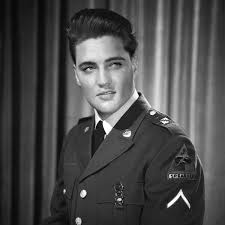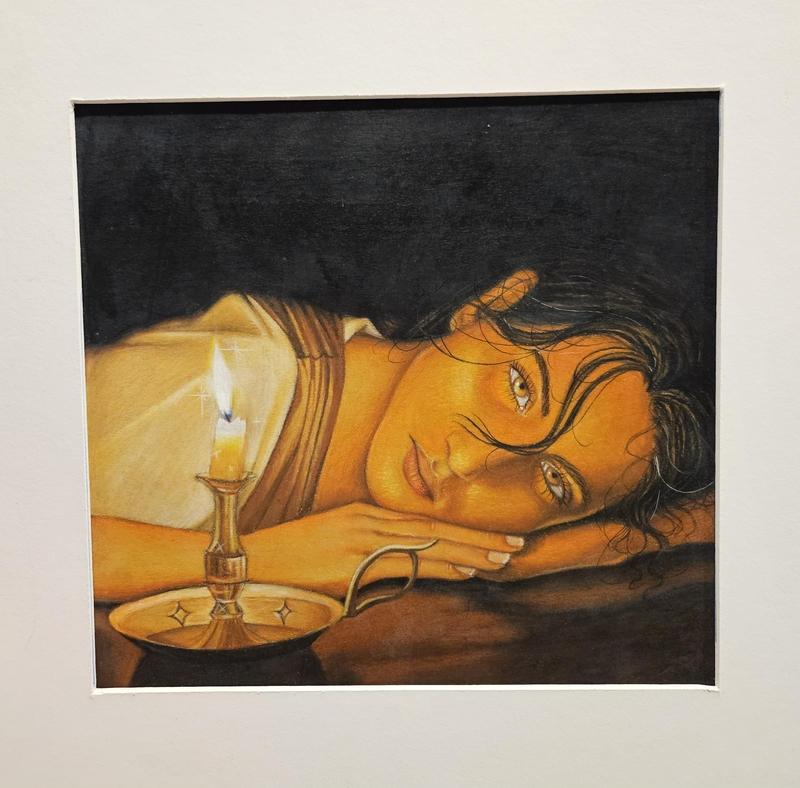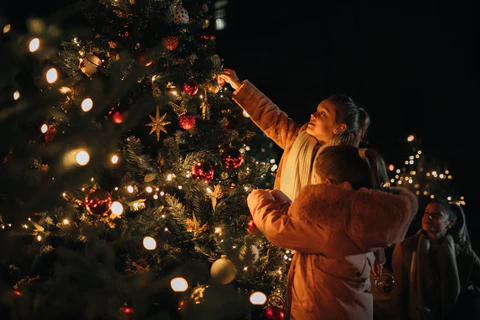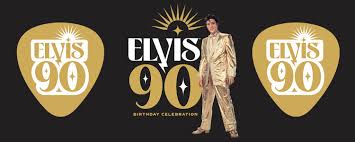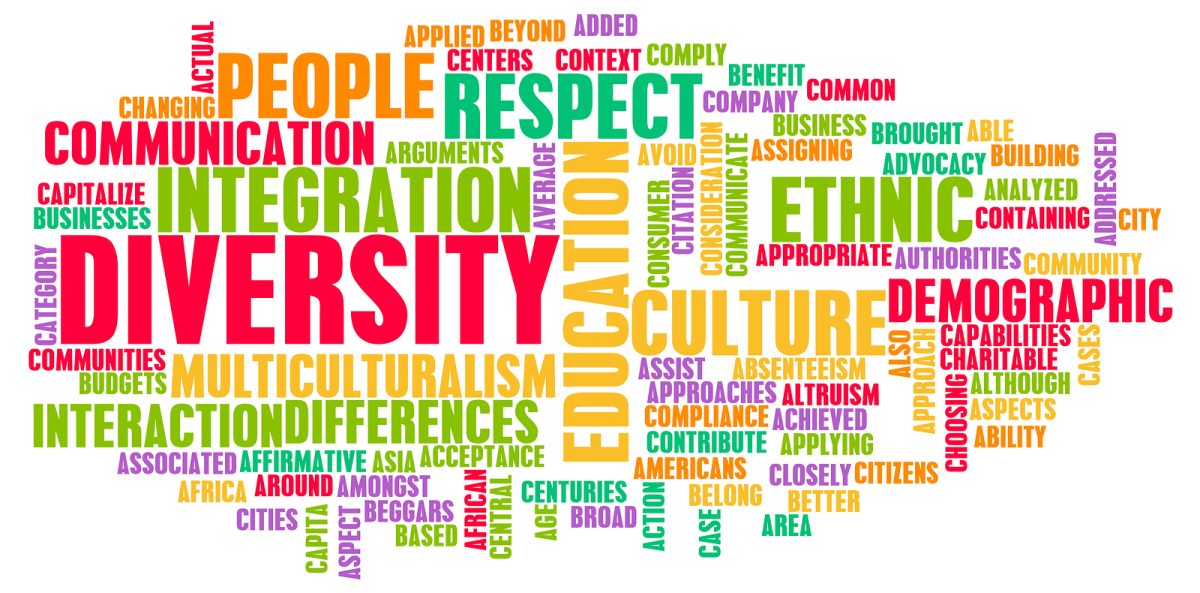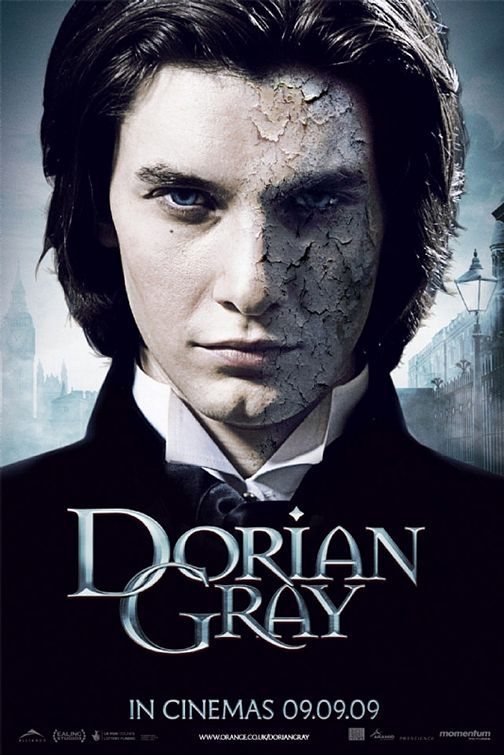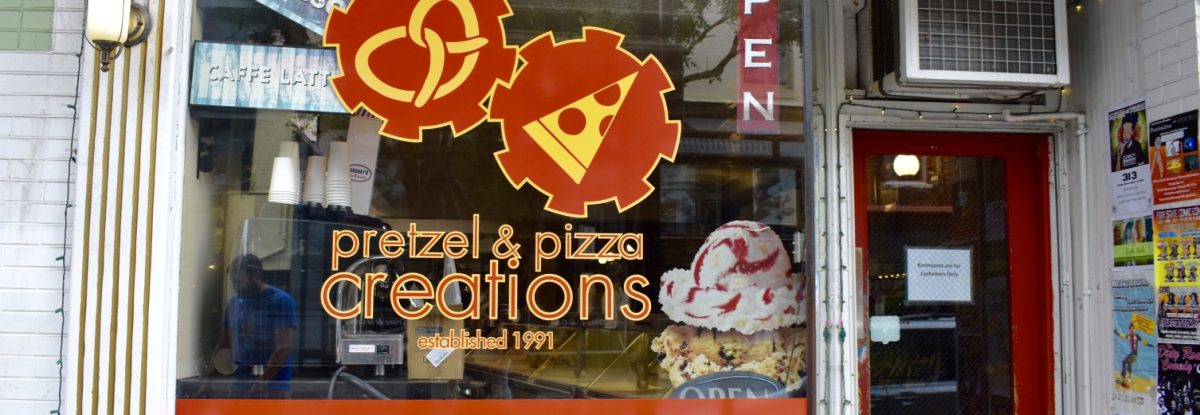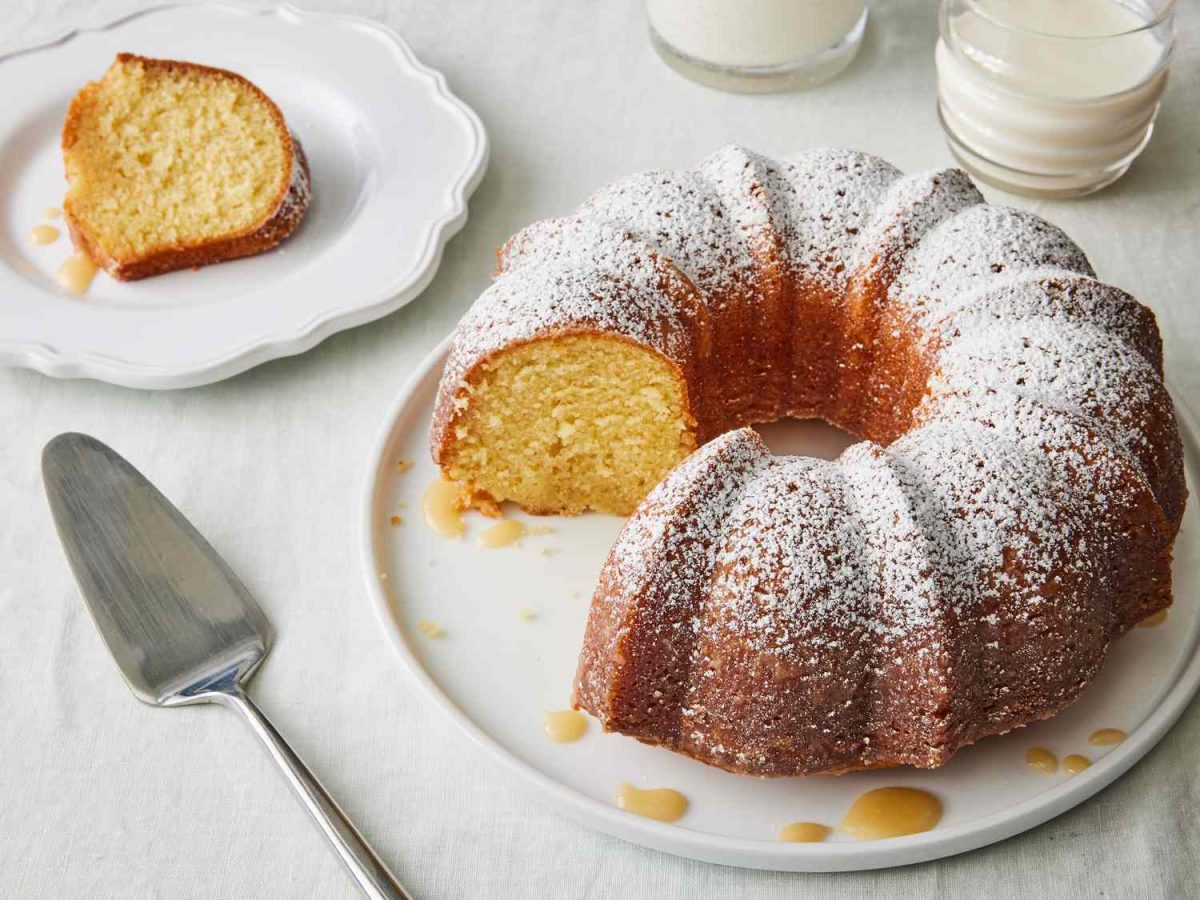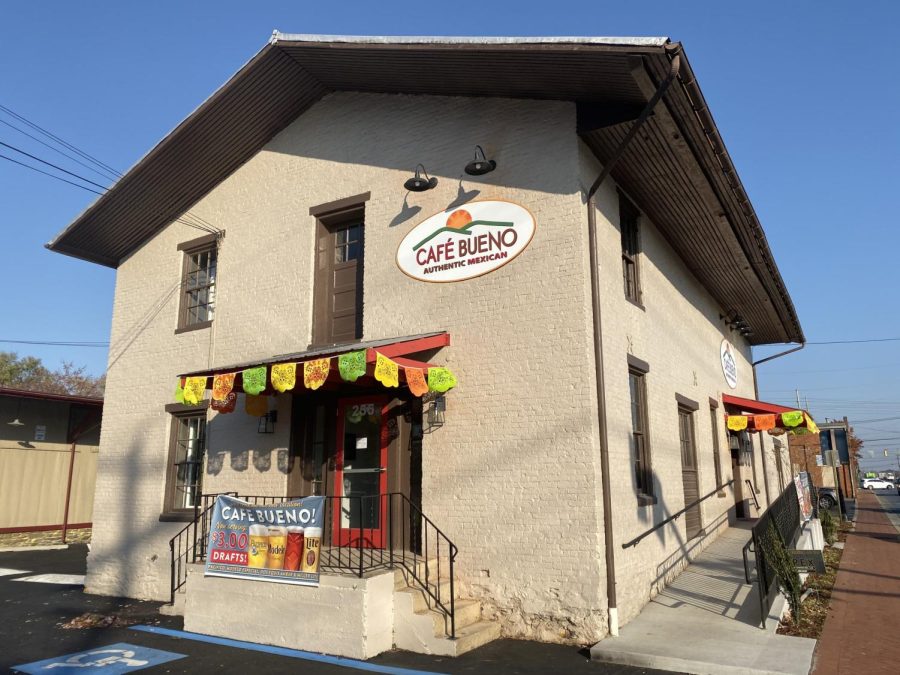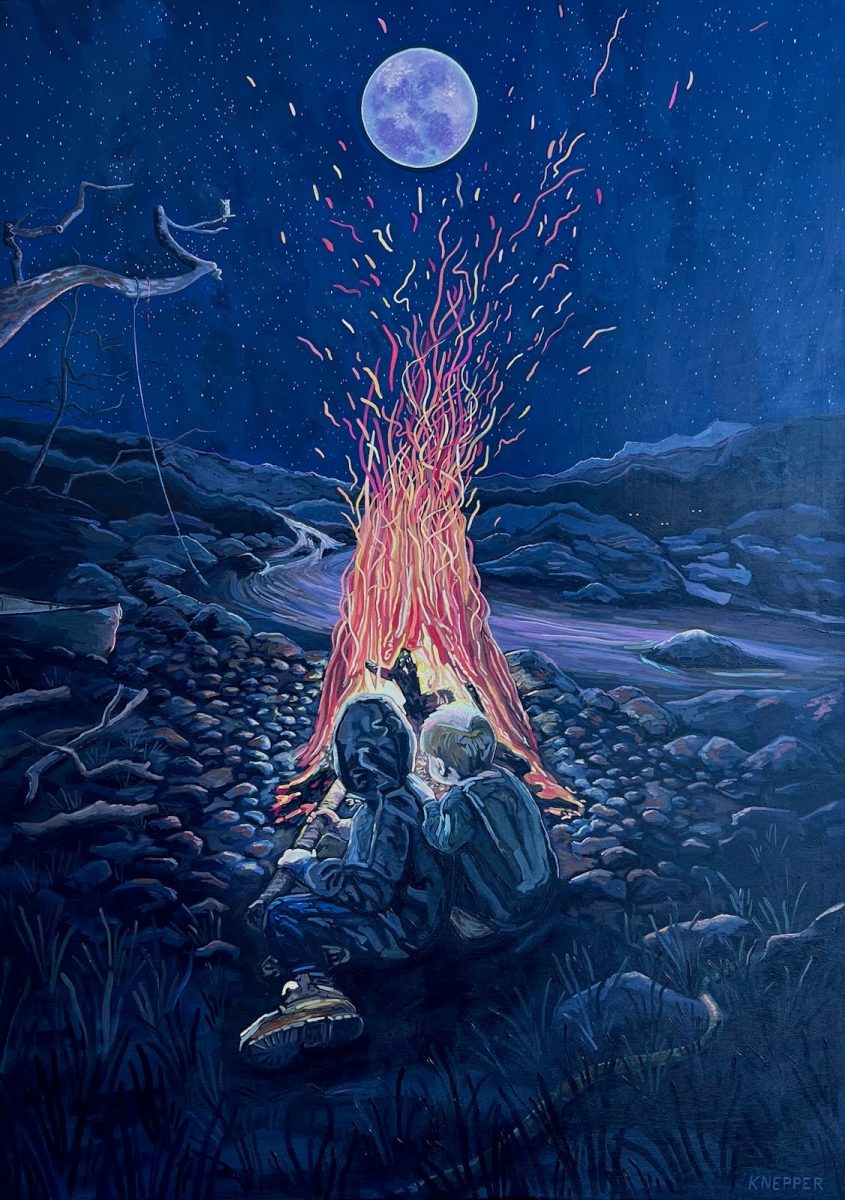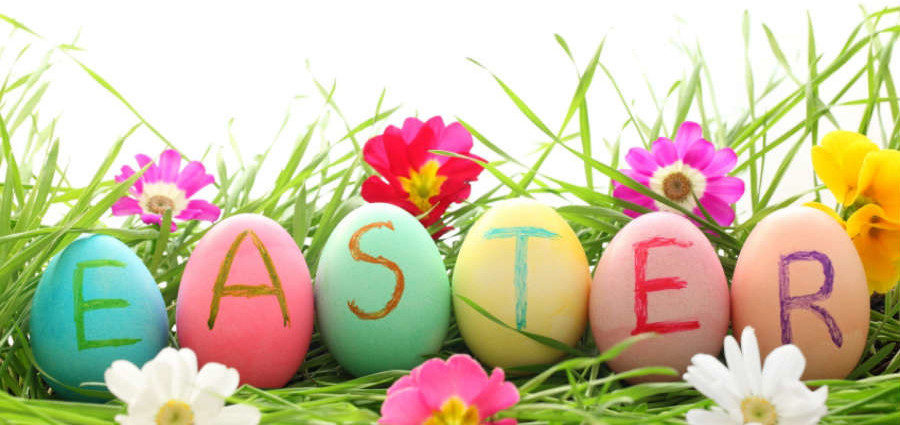The Origin of Easter Traditions
April 13, 2017

Many people recognize Easter as a Christian holiday to celebrate the resurrection of Jesus Christ yet, the origin of Easter traditions are often unknown. For instance, the bunny as the Easter mascot or dying hard boiled eggs? These customs have become standard when celebrating the holiday.
You can’t go to the mall in April without seeing a line of young children waiting to take a picture with the Easter bunny. Although the origins of the Easter bunny are unclear one theory is it came from the Pagan culture. Specifically, a spring festival as tribute to Eostre, the goddess of dawn, spring and fertility. Eostre was often associated with symbols of fertility, the egg and the hare. As Pagan’s adapted to Christianity they continued to practice their customs. The Eostre festival occurred during the same time as Easter, allowing the two celebrations to merge. Eventually, the rabbit evolved into the oschter haw by Germans. Ironically, the oschter haw was said to gift well-behaved children a nest of colored eggs. As Germans immigrated to the United States, american culture took the German haw and developed the Easter bunny.
Much like the bunny, the Easter egg was introduced by the Pagan people. The egg was another symbol associated with the goddess Eostre. Also, in the 13th century eggs were prohibited during Lent. Instead, they would decorate the eggs and celebrate by eating them once Lent was over, on Easter. Another common Easter custom is receiving candy in a basket. Eating chocolate began in Germany where they believed in the oschter haw. Parents would tell their children to make a nest for the haw to leave eggs. Many children would use woven baskets because of their resemblance to a nest. Overtime, leaving eggs in the basket transitioned into candy because it was considered more of a treat. Another theory is that candy was often given up for Lent and eating it on Easter Sunday developed from people indulging in what they’ve been deprived of.
Although, many modern Easter traditions stem from ancient practices most have been commercialized to make the holiday more entertaining. In fact, after Halloween, the most candy all year is sold on Easter. This year, when you’re indulging in chocolate or dying eggs you’ll know how these customs became standard to Easter.
Sources:




